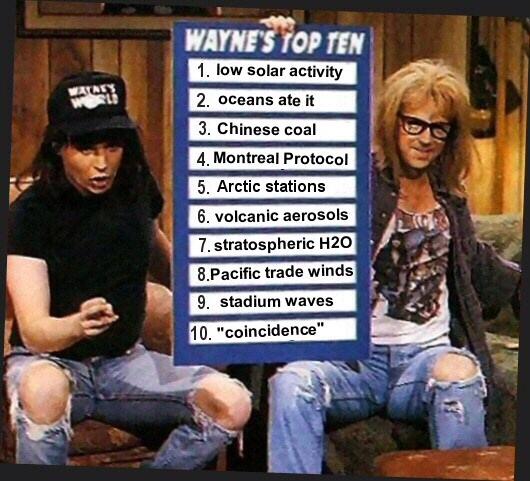R.R. Reno, editor of First Things, says in his substantial article that the conjunction of concerns in the Pope's recent encyclical is fitting [emphasis mind]:
The end of the Cold War has allowed global capitalism to develop as the world’s dominant system. Capitalism has many virtues, but there are “externalities,” as economists call them—social and environmental harms and costs that may end up being very significant. Global capitalism also resists political control, posing a challenge to existing governmental and regulatory institutions. Most important of all, perhaps, this global system requires and encourages a technocratic elite that now dominates political and cultural debates. As a result, it’s increasingly hard to imagine an alternative.Pope Francis, he says, discusses these issues and more, making "a much-needed effort to grasp and respond to today’s global realities." Then he adds, "But, taken as a whole, Laudato Si falters." While advancing strong criticisms of the secular technological project driving modern capitalism, many aspects of the alternative he proposes "draw upon the achievements and methods of that very project."
Pontiffs who venture beyond instructing the faithful to exhorting the whole world by means of book-length encyclicals open themselves to scrutiny and criticism and manipulation by the media from multiple quarters in ways unimaginable in the past. Reno, a faithful Catholic, offers filial criticisms (as well as appreciations) of points in the Pope's publication. Interesting. Here is an abridgement:
Chapter 1, “What Is Happening to Our Common Home,” outlines Francis’s take on environmental issues.... If it were just a matter of landfills, industrial waste, and the failure to recycle, we’d be okay.... The issue is much larger, however. Francis addresses the mother of all problems—and the central ecological issue today—which is global climate change.
The position put forward is the worst-case consensus. It holds that the fossil fuel–dependent economies of the developed and developing world have set in motion a process of global warming that will accelerate.... The rhetoric of crisis runs throughout the document. “Doomsday predictions can no longer be met with irony or disdain. We may well be leaving to coming generations debris, desolation and filth.”
The encyclical then turns to a diagnosis of the theological and social-cultural roots of the ecological crisis, spelling out its social dimensions. Chapter 2, “The Gospel of Creation,” calls for us to acknowledge creation as a gift from God, our Father....
... God-forgetfulness is at the root of our global problems today: social, economic, and ecological.
This line of criticism follows a long tradition....
Chapter 3, “The Human Roots of the Ecological Crisis,” analyzes what Francis takes to be the perverse spiritual logic of a scientific-technological culture....
... A “Promethean vision of mastery” and “excessive anthropocentrism” lead to the same ecological and social disasters as God-forgetfulness.
At this point, Francis develops his fullest account of the crisis he believes we face.... Global capitalism is a Shiva-like force in human history—the Great Destroyer driving global warming.
... Francis is keen to point out that this suppression of larger ethical and spiritual questions allows the rich and powerful to disguise their unjust advantages and ratchet up still further their global oppression of the poor.
Given this dark picture of the global system, it’s not surprising that Francis calls for “a new synthesis,” “radical change,” and “a bold cultural revolution.”
There’s something to be said for his particular suggestions in Chapters 4 (“Integral Ecology”) and 5 (“Lines of Approach and Action”). Calls for action to address climate change are needed, as is a spiritual alternative to consumerism. But my concern is with the cogency of the encyclical as a whole. A great deal of what is commended as an alternative to the global system sounds to me like just another version of it.

